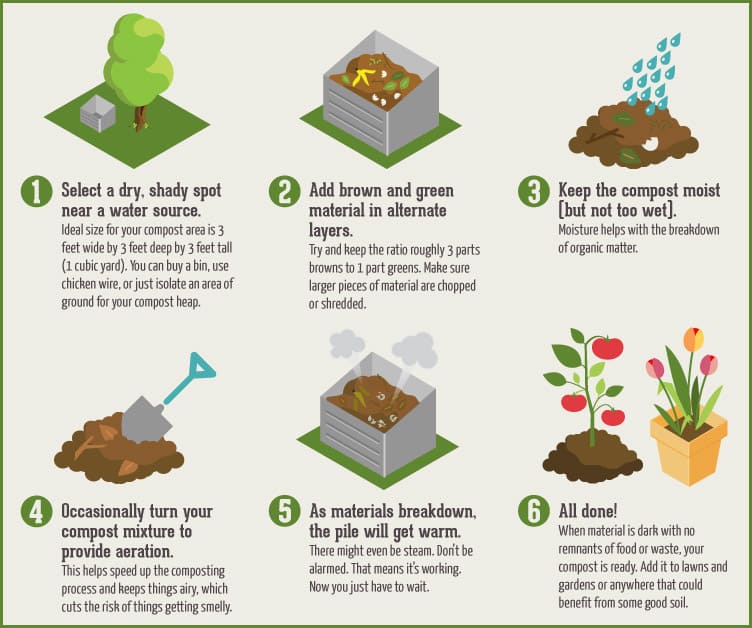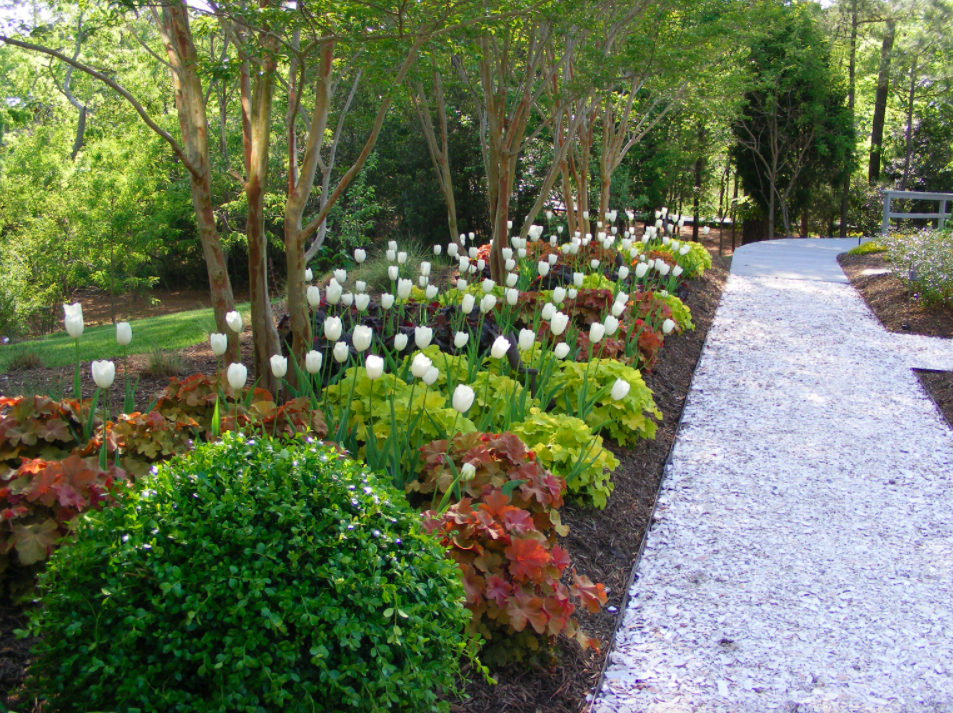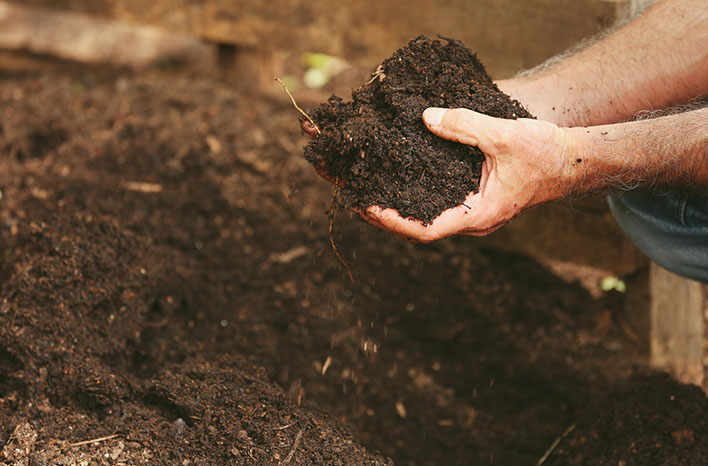How to Use Compost for Healthy Plants
Compost is a nutrient-rich soil conditioner that can improve the health and vitality of your plants. Using compost in your garden is a sustainable and eco-friendly way to nourish your plants and promote healthy growth. In this article, we will discuss how to use compost effectively for optimal plant health.
What is Compost?
Compost is organic matter that has been decomposed and recycled as a fertilizer and soil amendment. It is made from kitchen scraps, yard waste, and other organic materials that are broken down by bacteria, fungi, and other microorganisms into a rich soil-like material. Compost is full of essential nutrients, such as nitrogen, phosphorus, and potassium, which are essential for plant growth.
How to Make Compost
To make compost, start by collecting organic materials such as fruit and vegetable scraps, eggshells, coffee grounds, grass clippings, leaves, and other yard waste. Avoid using meat, dairy, and oily foods, as these can attract pests and create an unpleasant odor. Layer the organic materials in a compost bin or pile, adding a mix of brown materials (such as dried leaves or shredded paper) and green materials (such as kitchen scraps or grass clippings). Keep the compost moist and turn it regularly to aerate the pile and speed up the decomposition process.
How to Use Compost in Your Garden
Compost can be used in various ways to improve soil quality and support plant growth. Here are some tips for using compost in your garden:
- Spread a layer of compost on top of the soil in your garden beds before planting to improve soil structure and fertility.
- Mix compost into the soil when planting new flowers, vegetables, or other plants to provide them with essential nutrients.
- Top-dress existing plants with compost in the spring or fall to replenish nutrients and promote healthy growth.
- Use compost as a mulch around your plants to retain moisture, suppress weeds, and regulate soil temperature.
Benefits of Using Compost
There are numerous benefits to using compost in your garden:
- Improves soil structure and drainage
- Increases soil fertility
- Provides essential nutrients for plant growth
- Reduces the need for chemical fertilizers
- Enhances soil microbial activity
- Helps suppress plant diseases
By using compost in your garden, you can create a healthy and sustainable growing environment for your plants while reducing your carbon footprint and promoting a more eco-friendly lifestyle.
In Conclusion
Compost is a valuable resource for gardeners looking to improve soil quality, support plant growth, and promote a sustainable gardening practice. By following the tips outlined in this article, you can effectively use compost in your garden to grow healthy and vibrant plants.



